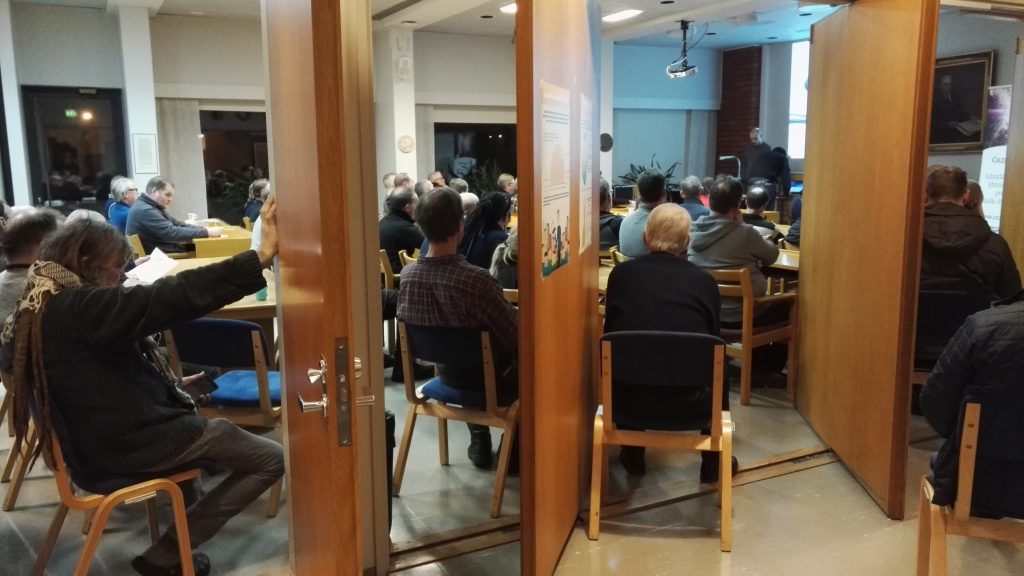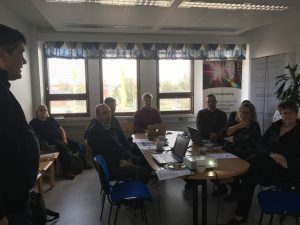Normal
0
21
false
false
false
EN-AU
X-NONE
AR-SA
table.MsoNormalTable
{mso-style-name:"Table Normal";
mso-tstyle-rowband-size:0;
mso-tstyle-colband-size:0;
mso-style-noshow:yes;
mso-style-priority:99;
mso-style-parent:"";
mso-padding-alt:0cm 5.4pt 0cm 5.4pt;
mso-para-margin-top:0cm;
mso-para-margin-right:0cm;
mso-para-margin-bottom:8.0pt;
mso-para-margin-left:0cm;
line-height:107%;
mso-pagination:widow-orphan;
font-size:11.0pt;
font-family:"Calibri",sans-serif;
mso-ascii-font-family:Calibri;
mso-ascii-theme-font:minor-latin;
mso-hansi-font-family:Calibri;
mso-hansi-theme-font:minor-latin;
mso-bidi-font-family:Arial;
mso-bidi-theme-font:minor-bidi;
mso-fareast-language:EN-US;}
Today we had an online pairing meeting between our Finnish and Estonian partners, with a total of 15 people participating.
Green Net Finland presented their housing development pilot in Husulanmäki, which has recently begun initial utility works. Particularly interesting was the description of how the technical and geological assessment interacted with current and future design considerations
Next up we had a presentation on the Solar PV pilot in Tartu, Estonia. The team is steaming ahead working on the technical aspects of energy capacity possibilities and assessing the legal and financial aspects of the proposed operating models.
Participants commented that it was particularly interesting to see the contrast between the two projects: one pilot will result in a renewable energy housing development which makes best use of the surrounding environmental constraints at Husulanmäki. The other, representing Estonia’s first example of an energy community initiated by a municipality.
The new and innovative directions being explored as part of this meeting set the stage for an exciting final meeting next month in Denmark!
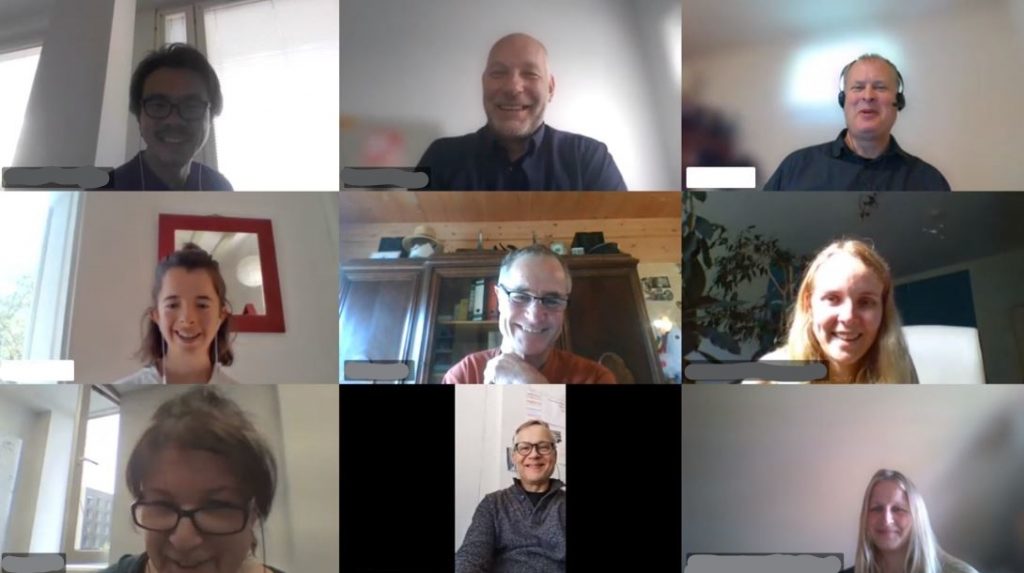

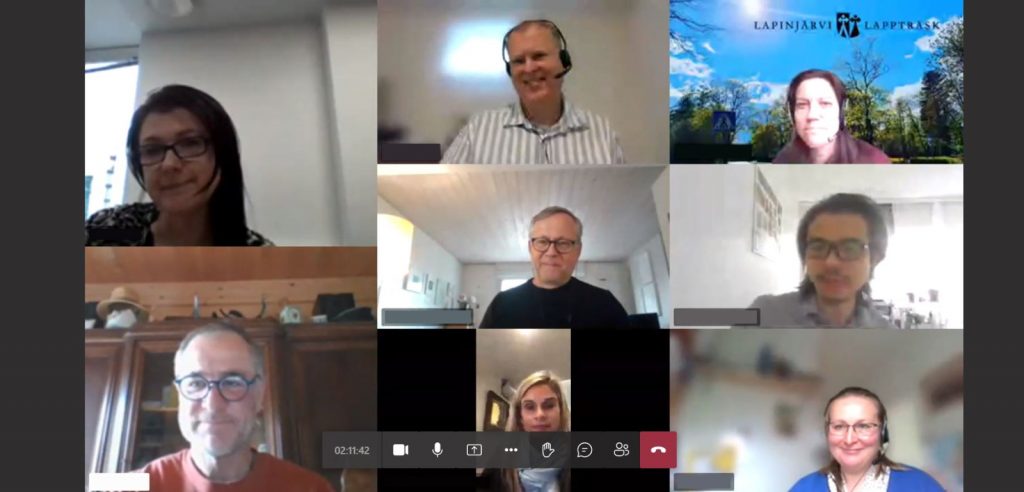
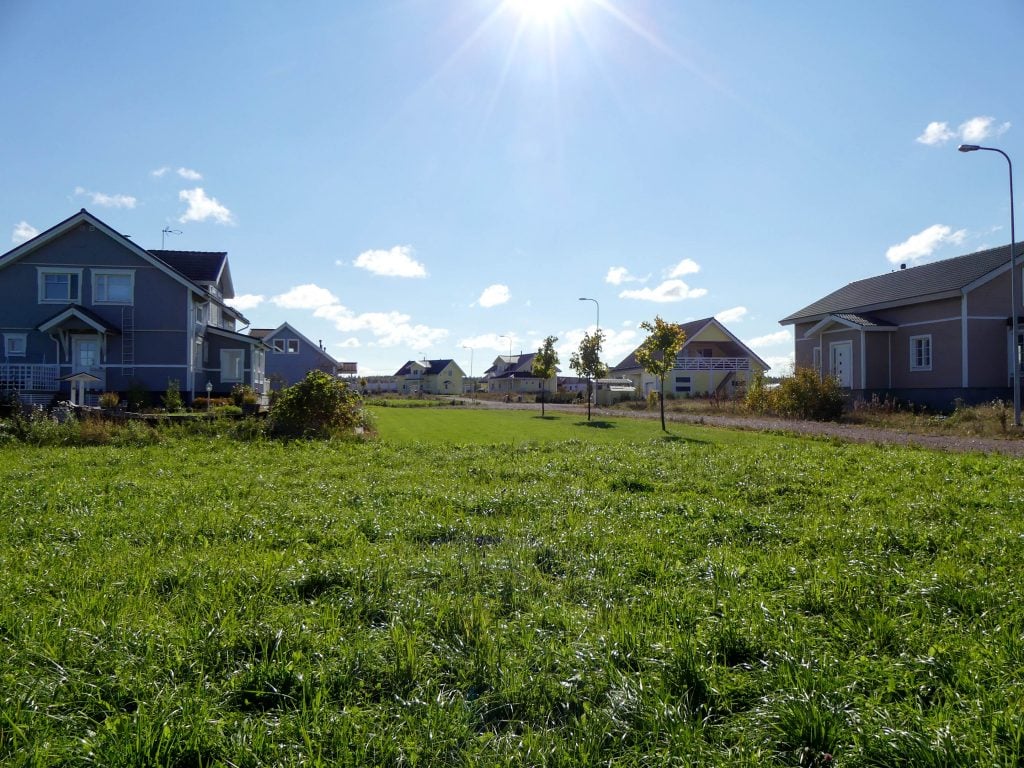
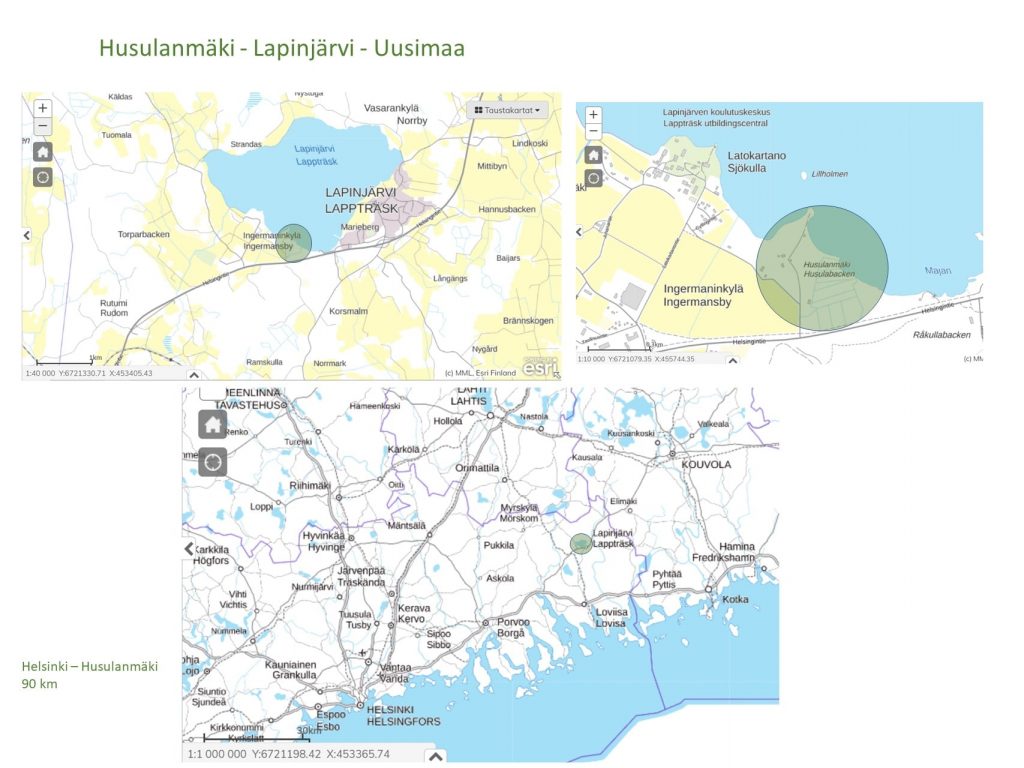
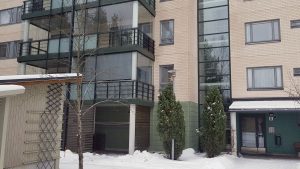
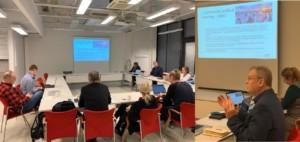 The represented parties at the meeting were GNF, City of Helsinki, Helsinki-Uusimaa Regional Council, University of Helsinki, Finnish Environmental Centre SYKE, Grapes Service | ESaas Oy, Nuuka Solutions Oy, and Utuapu Oy.
The represented parties at the meeting were GNF, City of Helsinki, Helsinki-Uusimaa Regional Council, University of Helsinki, Finnish Environmental Centre SYKE, Grapes Service | ESaas Oy, Nuuka Solutions Oy, and Utuapu Oy.